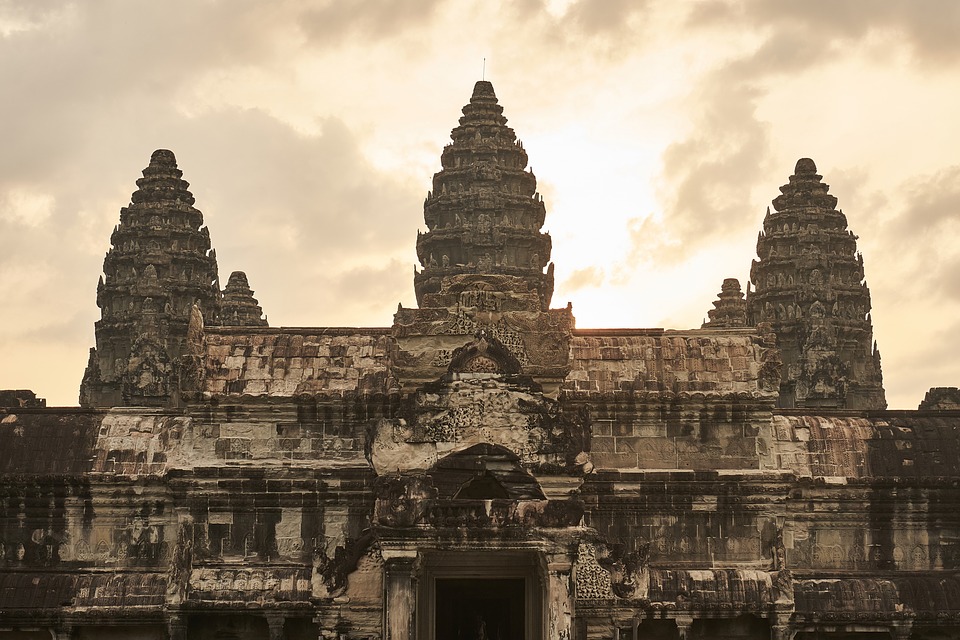The first two traditions were added to the list in 2008, being the Royal Ballet of Cambodia and the Sbek Thom shadow theatre. According to UNESCO’s website: the Royal Ballet is: “Infused with a sacred and symbolic role, the dance embodies the traditional values of refinement, respect and spirituality.” “The Sbek Thom is a Khmer shadow theatre featuring two-metre-high, non-articulated puppets made of leather openwork,” it said. “After the fall of Angkor in the fifteenth century, the shadow theatre evolved beyond a ritualistic activity to become an artistic form, while retaining its ceremonial dimension.”
In 2015, “Tugging rituals and games” was added to the list, described as promoting social solidarity, providing entertainment and marking the start of a new agricultural cycle. Chapei Dang Veng was added in 2016. “It features the chapei (a type of lute often played at cultural festivals) accompanied by singing. Song lyrics range from the educational and a type of social commentary, to satire while incorporating traditional poems, folk tales or Buddhist stories,” the UNESCO website said.
Finally in 2018, Lkhon Khol Wat Svay Andet became listed. UNESCO said it “is performed by men wearing masks to the accompaniment of a traditional orchestra and melodious recitation. The specific aim is to propitiate the Neak Ta (guardian spirits of a place and its people), thereby protecting and bringing prosperity to the community, its lands and harvest”.
The first-place winner will receive $250, the second-place winner will receive $125, and the third-place winner will receive $100, along with a certificate of appreciation and other awards. The winners will be announced on March 15, 2022.
According to wwf.panda.org and nationalgeographic.com












